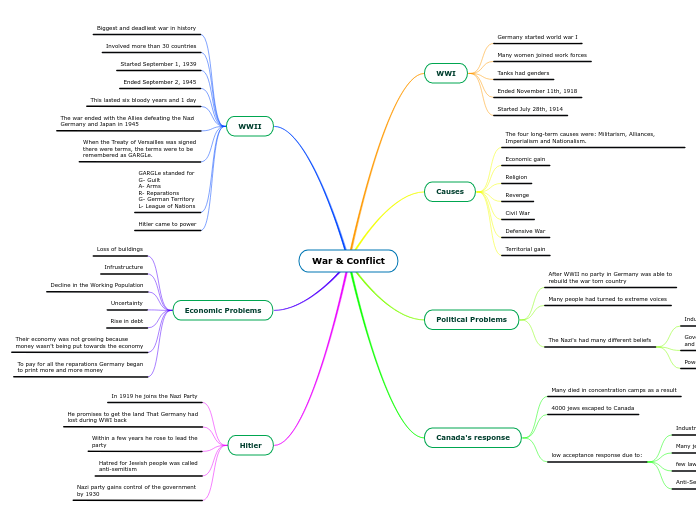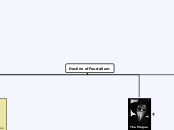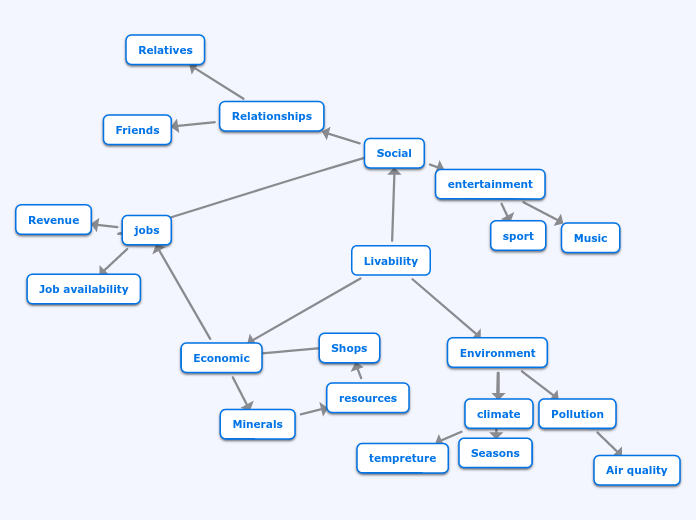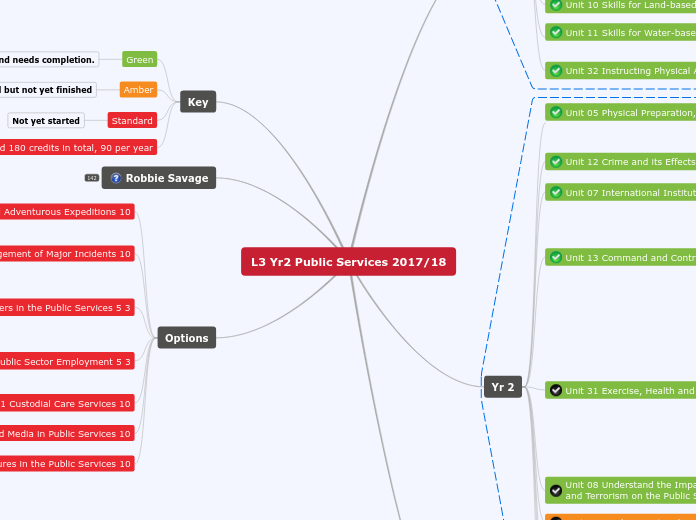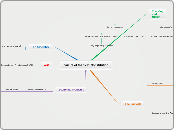av Manisha Sidhu 3 år siden
206
War & Conflict
The text explores various aspects of war and conflict, focusing on the causes and consequences of both World War I and World War II. It highlights the influence of militarism, alliances, imperialism, and nationalism as long-term causes.
